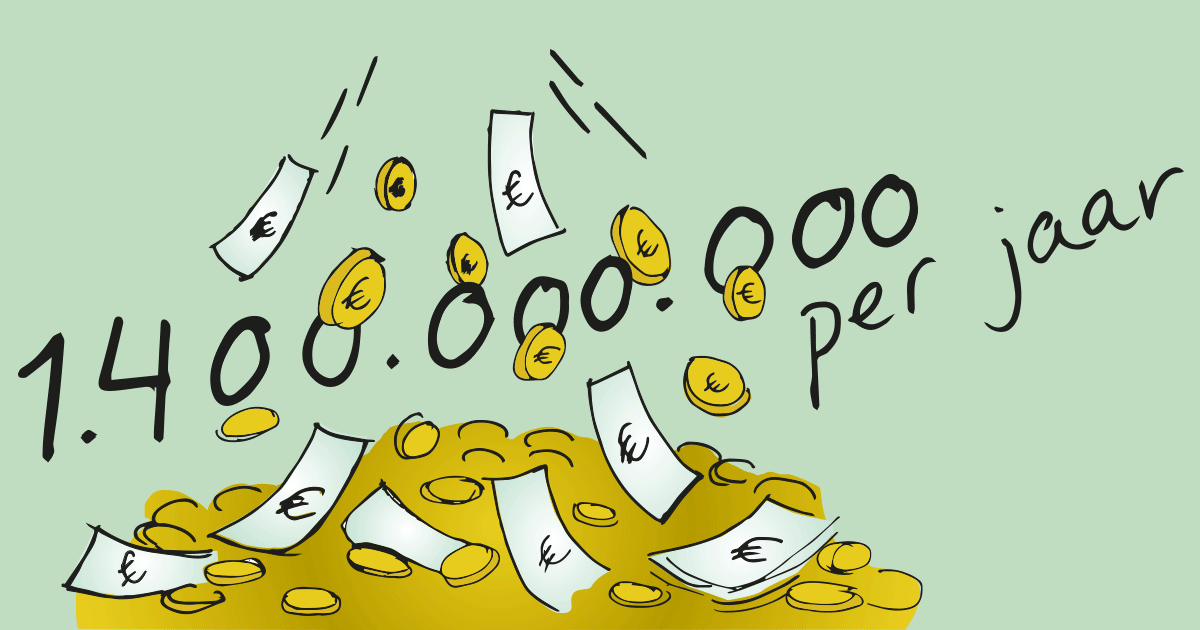
New publication examines all sides of the dividend tax issue
The Dutch government is planning to abolish the dividend tax. This measure is controversial, because it is not clear how the loss in tax revenues of at least 1.4 billion euros per year will benefit society.
In this research study (Dutch only), Rodrigo Fernandez and Frans Bieckmann examined the arguments made by supporters of this initiative as well as the counter-arguments. They conclude that there is little substantive ground for abolishing the dividend tax. The measure seems to be primarily the result of the influence of multinational companies – in particular, Unilever and Shell – and their representatives.
Talk about “the business climate” and “headquarters” still works wonders in the public debate – even though there is absolutely no evidence that the tax reductions for large corporations – which have now already been in effect for 40 years – have had any impact on the creation of new jobs, the redistribution of income or job security.
The proposal to abolish the dividend tax follows a long period of austerity resulting from the great financial crisis of 2008. In the ten years since, public and semi-public institutions faced diminishing budgetary frameworks. The consequences are now apparent in primary education, higher education, healthcare, defence, development cooperation, police services and the justice system. Against this backdrop of a diminishing public sector, it is inexplicable that corporate shareholders should be one of the few groups to receive compensation.
Do you need more information?
-

Rodrigo Fernandez
Senior researcher
Partners
Related news
-
The Netherlands – still a tax haven Published on:
 Arnold MerkiesPosted in category:Publication
Arnold MerkiesPosted in category:Publication Arnold Merkies
Arnold Merkies
-
 Tax avoidance in Mozambique’s extractive industriesPosted in category:Long read
Tax avoidance in Mozambique’s extractive industriesPosted in category:Long read Vincent KiezebrinkPublished on:
Vincent KiezebrinkPublished on: -
The treaty trap: The miners Published on:
 Vincent KiezebrinkPosted in category:Publication
Vincent KiezebrinkPosted in category:Publication Vincent Kiezebrink
Vincent Kiezebrink


